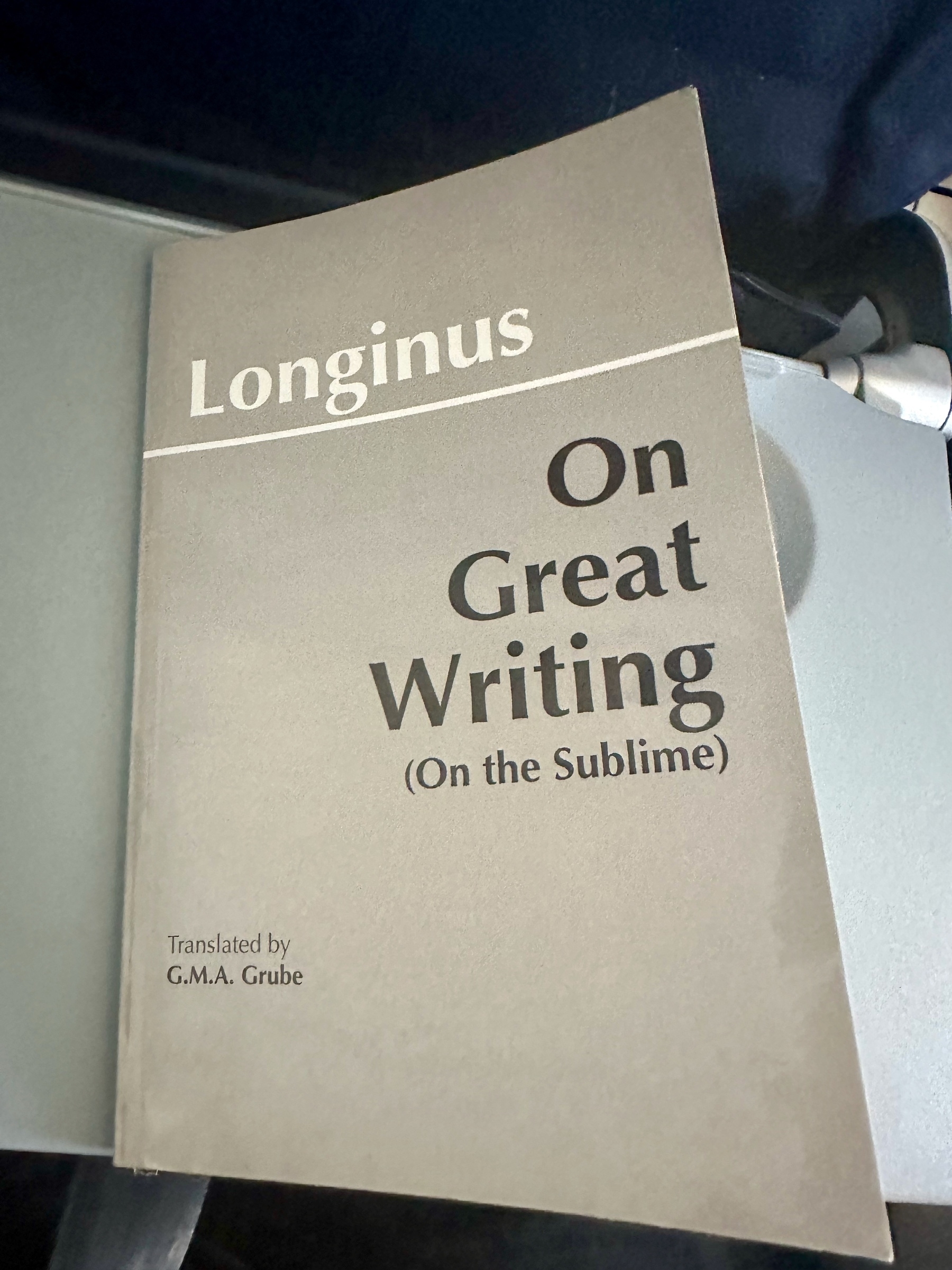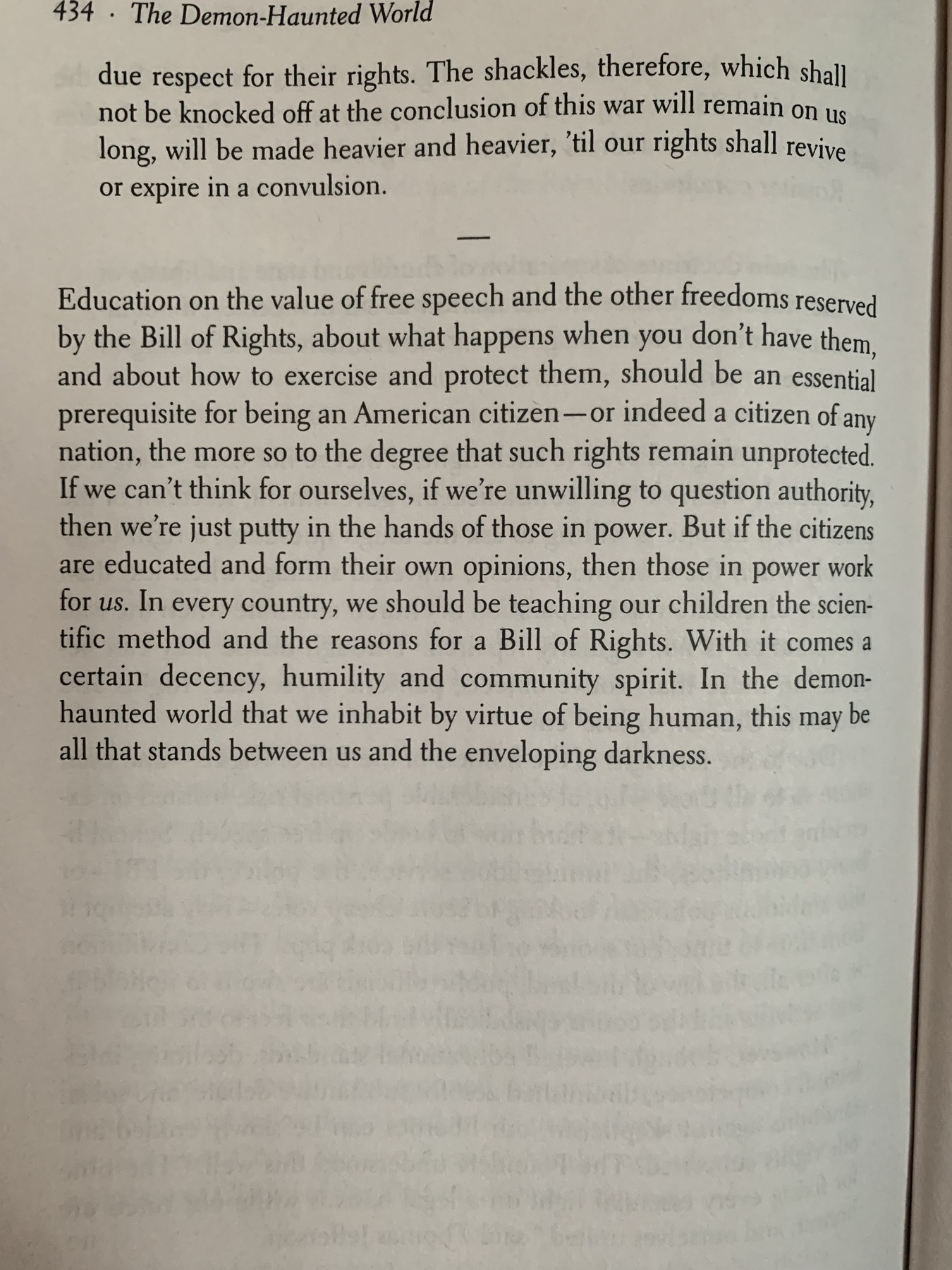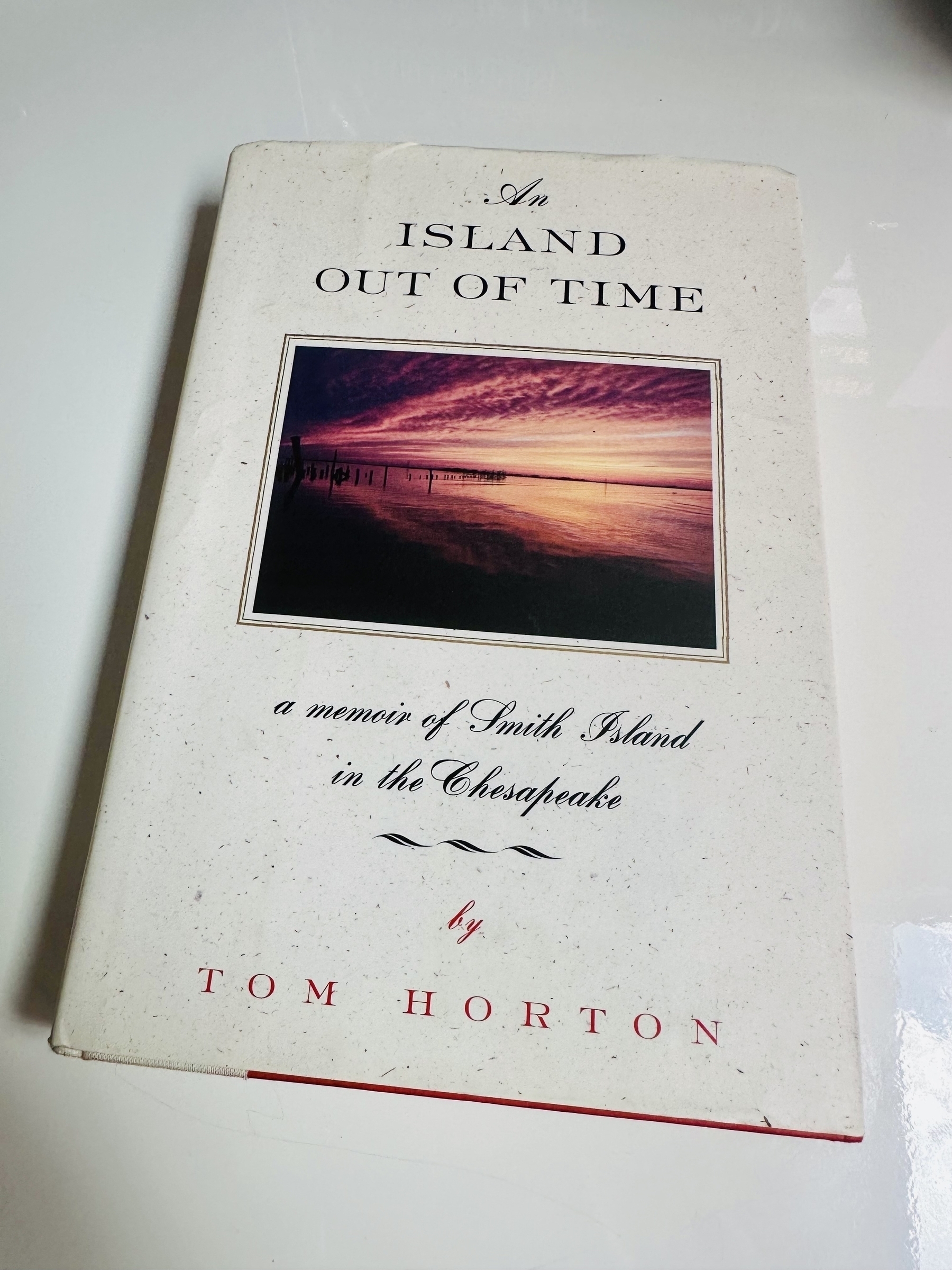A short list of authors and books that by all accounts I should have found wonderful, or at least interesting, but ended up with a feeling of — meh — at best and often genuine dislike
- Ralph Waldo Emerson
- Joseph Campbell
- Catch-22
That’s it! I tend not to abandon books half-way through, but I just couldn’t swallow these three.
Should I revisit? Emerson had some good quotes, apparently, and Campbell (seems to have) inspired many good stories although his own did not persuade me.
But Catch-22, dear oh dear. You could not pay me to start reading that piece of work again.
The Beatles wanted to do a LotR movie, starring:
McCartney as Frodo, Starr as Sam, Lennon as Gollum and Harrison as Gandalf. The Beatles' choice of director? Stanley Kubrick, fresh from making 2001: A Space Odyssey.
But Tolkien didn’t like the idea of a pop group being associated with his books. I am not sure about that cast either, but just imagine Kubrick’s Lord of the Rings. In the style of Barry Lyndon, perhaps? (ᔥMarginal Revolution)
Some of the books I’ve added to the pile since January:
- The Infernal Machine by Steven Johnson
- Gilead by Marilynne Robinson
- Writing to Learn by William Zinsser
- Till We Have Faces by C.S. Lewis
- Istanbul: A Tale of Three Cities by Bettany Hughes
And more! How many days in a year again?

📚 Finished reading: The Anxious Generation by Jonathan Haidt while trying to avoid confirmation bias since we are of the same mind on phones in schools and I was very much on his side during on of the most interesting and least civil Conversations with Tyler (Cowen).
The last third of the book — calls to action — was too much of a laundry list for my taste, but I was pleasantly surprised by Haidt’s take on spirituality with which he concluded the middle section.
Apparently, this book was supposed to be only the first chapter of Haidt’s next one, about the influence of smartphones and social media on everyone’s lives. I suspect that here, too, we will agree, though I had only written about the destruction wrought upon the older generations (present company included) in Serbian.
Steven Johnson is one of the rare writers whose Substack newsletters I follow, and his most recent post will give you a good idea why. It is nominally about “The Infernal Machine”, his new book out today, but it is also about how he writes, and why, and has room for a story and a poem which both pack a punch. Recommended.
“Unputdownable” is a real word, but it has been a while since I’ve read a book that would fit the definition. This year’s books all had me put them down quite often, some from sheer shock, others (like this one from Longinus) to pause and reflect.


📚 Finished reading: On Great Writing (On the Sublime) by Longinus, fragments of a 2,000-year-old book which are as relevant as ever:
One should realize, my friend, that, as in everyday life, nothing is noble which is noble to despise.
And also, bringing to mind Nassim Taleb’s stance on nitpickers):
Preciseness in every detail incurs the risk of pettiness, whereas with the very great, as with the very rich, something must inevitably be neglected.
And many more!
This page from Carl Sagan’s The Demon-Haunted World was common sense when it first came out almost 30 years ago. Today it reads like a revolutionary screed.

I don’t usually pick up books from the local little free library, but after the last summer I couldn’t miss out on this one about Smith Island. It’s time to maker another bookshelf.

📚 Finished reading: Slow Productivity by Cal Newport

Slow Productivity is a book that could easily have been a blog post but the three sub-heading of that hypothetical post are sound and worth adopting. They could also fit on a fortune cookie:
- Do fewer things.
- Work at a natural pace.
- Obsess over quality.
These are as obvious as they are short. Of course, you don’t need a book to learn and understand them — it’s enough to see what people who do great things are doing themselves, like Nassim Taleb, or Stephen Wolfram, or any good writer who writes their own books. But if you are too busy to learn by example and dig into people’s work habits described peacemeal and without a big red arrow pointing to the things that everyone should do, well, then, this is the right book for you.
It is also a bit of a cuckoo’s egg, ready-made for wide distribution through book clubs and large corporate purchases, which it says right on the copyright page. But then if you are a large American corporation with a large American corporation’s goals and values, maybe having your employees all becoming part-time flaneurs may not be the best idea. The American number go up because of quantity not quality, and you get to quantity by grinding it out, not by taking long walks.
So, there may need to be an intermediate step there, another airport book for Newport to write for the executives and the board members about short-term goals not reigning supreme. Good luck with that.